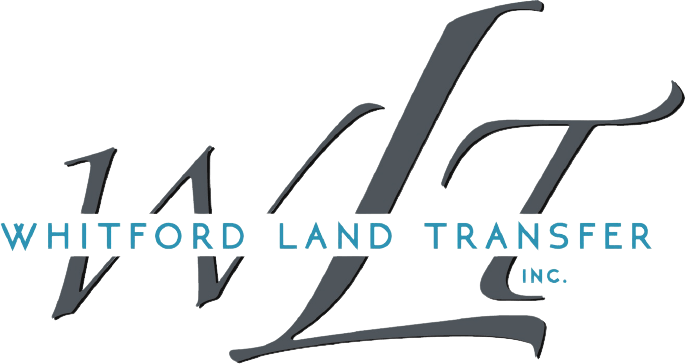Frequently Asked Questions (FAQ)
Common Questions
Click the question below to find the answer. Click again to close the selection.
Titles and Title Insurance:
-
Why do I need Title Insurance?
In Pennsylvania, title insurance is not legally required for purchasing real estate. However, almost all lenders will require that you purchase a title policy.
-
How am I protected?
A standard title policy insures the owner and the lender from any financial loss resulting from the following:
- title being vested in someone other then the seller
- any defect in, lien against or encumbrance on the title
- unmarketability of the title
- lack of pedestrian access to and from the land
This coverage does not cover the five standard exclusions, or any specific encumbrances or easements which are recorded against the property. The five standard exclusions are as follows:
- Any title claim known to the buyer but not yet recorded as of the date of the policy:
- Any title claim which was self-imposed or created by the buyer
- Any loss resulting from zoning violations or subsequent zoning changes
- any subsequent loss resulting from state action (condemnation or eminent domain proceedings)
- Any condition which would have been disclosed by an ALTA as-built survey
Exceptions from coverage will also include matters which are recorded against the property, including utility easements, roadways, railroad rights, restrictive covenants and if applicable homeowner use restrictions. Also excepted from coverage is environmental contamination of the property and future property tax increases.
-
How much does it cost?
In Pennsylvania, title insurance rates are set by the state. The amount of title insurance is based on the greater of the purchase price or the loan amount.
-
I'm buying a newly built home, do I need title insurance?
Construction of a new home raises special title problems for the lender and owner. You may think you are the first owner when constructing a home on a purchased lot. However, there were most likely many prior owners of the unimproved land. A title search will uncover any existing liens and a survey will determine the boundaries of the property being purchased. In addition, builders routinely fail to pay subcontractors and suppliers. This could result in the subcontractor or supplier placing a lien on your property. Again, lenders want to be sure the property has clear title, and they are insuring the correct property. Purchasing owner's title insurance will protect you against these potential problems and pay for any legal fees involved in defending a claim.
Closing/ Settlement:
-
What Does the Buyer Need (Buyer's Checklist)?
As the buyer, you need to provide the following at settlement:
- Driver's license or other government issued form of Photo Identification
- Homeowners Insurance Policy
- Any additional conditions required by Mortgage Co.
- Termite report – if required
- Cashier's or Bank Check
-
What Does the Seller Need (Seller's Checklist)?
As the seller, you need to provide the following at settlement:
- Driver's license or other government issued form of Photo Identification
- Estate or Trust Documents, if applicable
- Check to make sure that Mortgage payoffs, taxes etc. have been or will be provided to Title Company
- Please notify the Title Company of any legal name changes due to marriage, divorce, etc.


